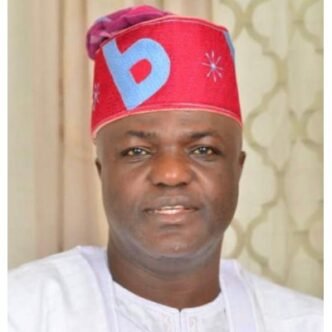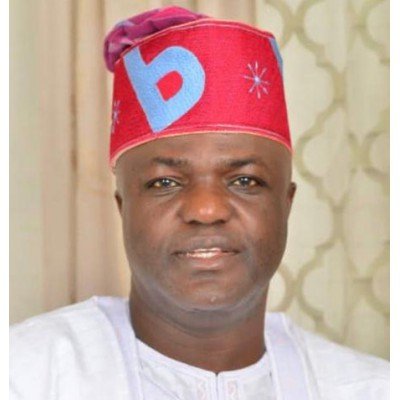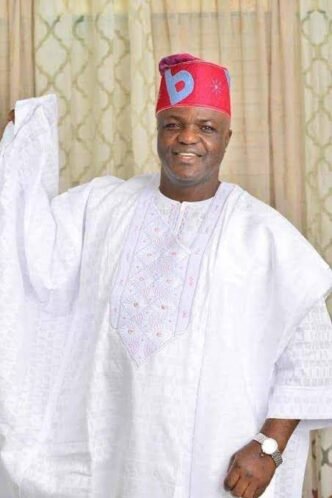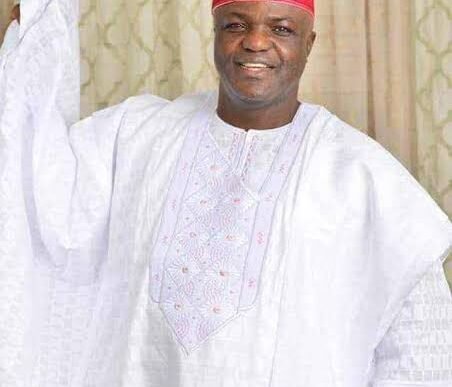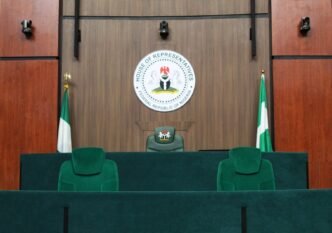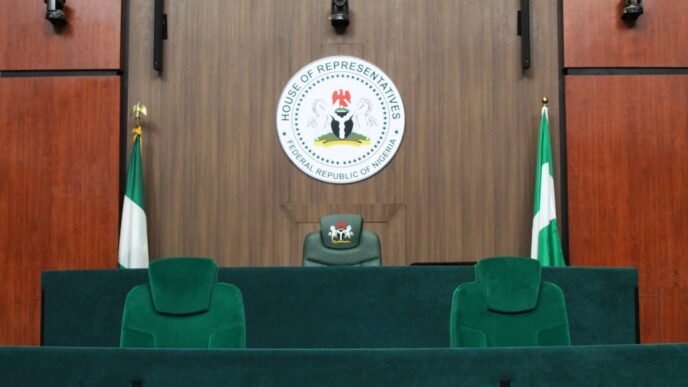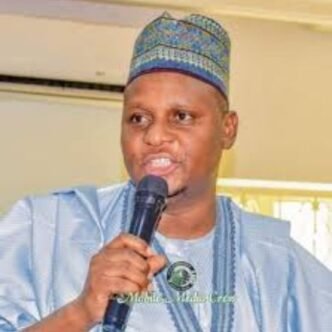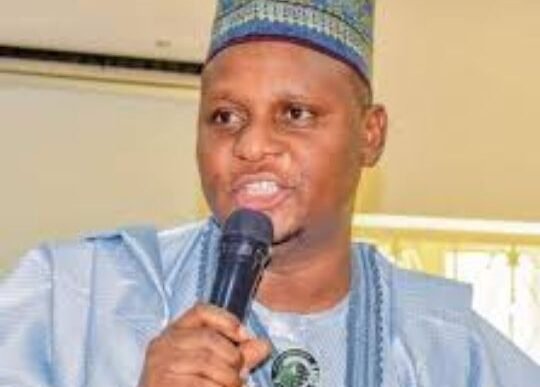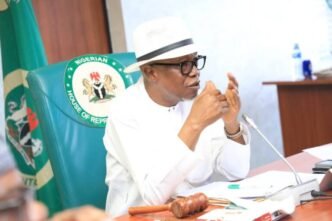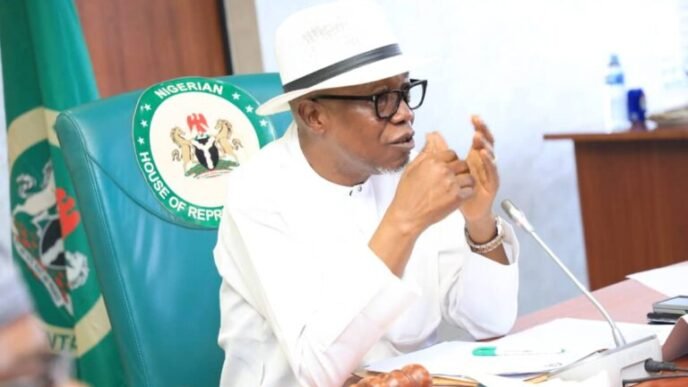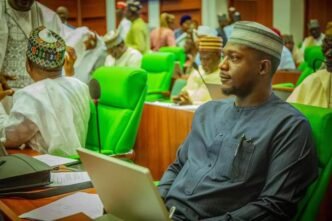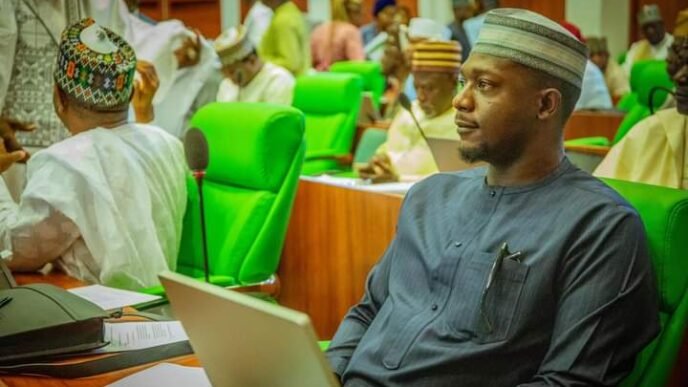HB.2166 A BILL FOR AN ACT TO ALTER THE CONSTITUTION OF THE FEDERAL REPUBLIC OF NIGERIA, ACT NO 1 OF 2010, TO PROVIDE FOR REGULATION OF ELECTION TIMELINES BY THE ELECTORAL ACT, AND FOR RELATED MATTERS
This Bill seeks to alter Sections 5, 10, 11, 17 of the Constitution to remove fixed election timelines from the Constitution and allow the National Assembly to regulate them through the Electoral Act for greater flexibility in electoral administration. Bill Sponsor: Hon. Adebayo Olusegun Balogun, Bill Progress: Committee Stage.
The Nigerian House of Representatives has introduced Bill HB. 2166, titled “A BILL FOR AN ACT TO ALTER THE CONSTITUTION OF THE FEDERAL REPUBLIC OF NIGERIA, ACT NO 1 OF 2010, TO PROVIDE FOR REGULATION OF ELECTION TIMELINES BY THE ELECTORAL ACT, AND FOR RELATED MATTERS.” This proposed legislation aims to amend the Nigerian Constitution to shift the regulation of election timelines from being strictly embedded in the Constitution to being governed principally by the Electoral Act.
The core objective behind HB. 2166 is to enhance the adaptability of Nigeria’s electoral framework. Currently, certain election-related timelines are firmly established within the Constitution, a process that necessitates extensive consensus for amendment. By transferring the authority to regulate these timelines to the Electoral Act, the bill proposes a more streamlined approach, allowing for timely adjustments that reflect changing circumstances or lessons learned from past elections.
One of the key benefits of this legislative proposal is its potential for flexibility. Given the rigorous nature of constitutional amendments, having election timelines embedded in the Constitution can lead to challenges in timely responses to evolving electoral needs. Should HB. 2166 be passed, the Electoral Act would allow for greater agility in revising timelines without the extensive process required to amend the Constitution. This could play a significant role in enhancing the overall efficiency of the electoral process in Nigeria.
Another important aspect of HB. 2166 is its potential to improve the responsiveness of the Independent National Electoral Commission (INEC). As the body responsible for overseeing elections in Nigeria, INEC often faces challenges due to rigid timelines dictated by constitutional provisions. Empowering the Electoral Act to regulate these timelines would equip INEC with the necessary tools to plan and execute elections more effectively, ensuring that minor adjustments can be made swiftly without engaging in the lengthy constitutional amendment process.
Furthermore, the bill seeks to address various challenges that have historically plagued Nigeria’s electoral process. Issues relating to party primaries, voter registration, and the filing and resolution of election petitions have been prevalent in past elections. By providing a more adaptable legal framework through amendments to the Electoral Act, HB. 2166 aims to better equip the electoral system to handle these persistent problems.
It is worth noting that the process of altering the Constitution in Nigeria is complex and multi-layered. To become law, HB. 2166 must be approved by both the House of Representatives and the Senate, followed by assent from a majority of the State Houses of Assembly. Therefore, the ultimate passage and implementation of this bill will require significant legislative support and political consensus among lawmakers.
As discussions surrounding HB. 2166 unfold, the implications of such an amendment could mark a turning point in Nigerian electoral governance. The ability to adjust the election timelines in response to the dynamic nature of electoral challenges may pave the way for more effective elections and, ultimately, a strengthened democratic process in the country.
